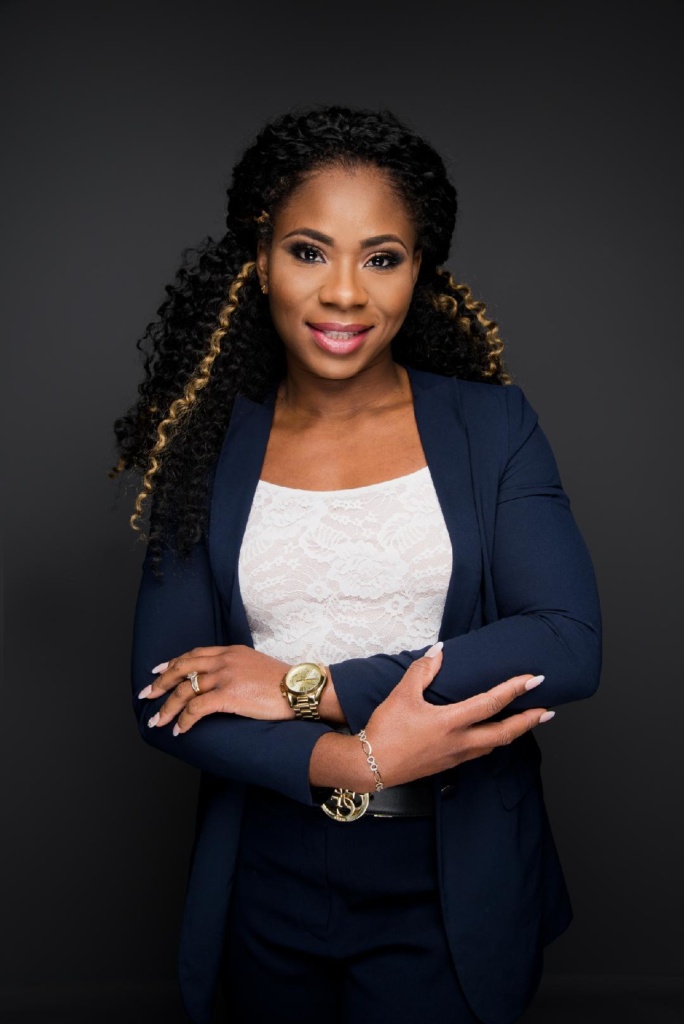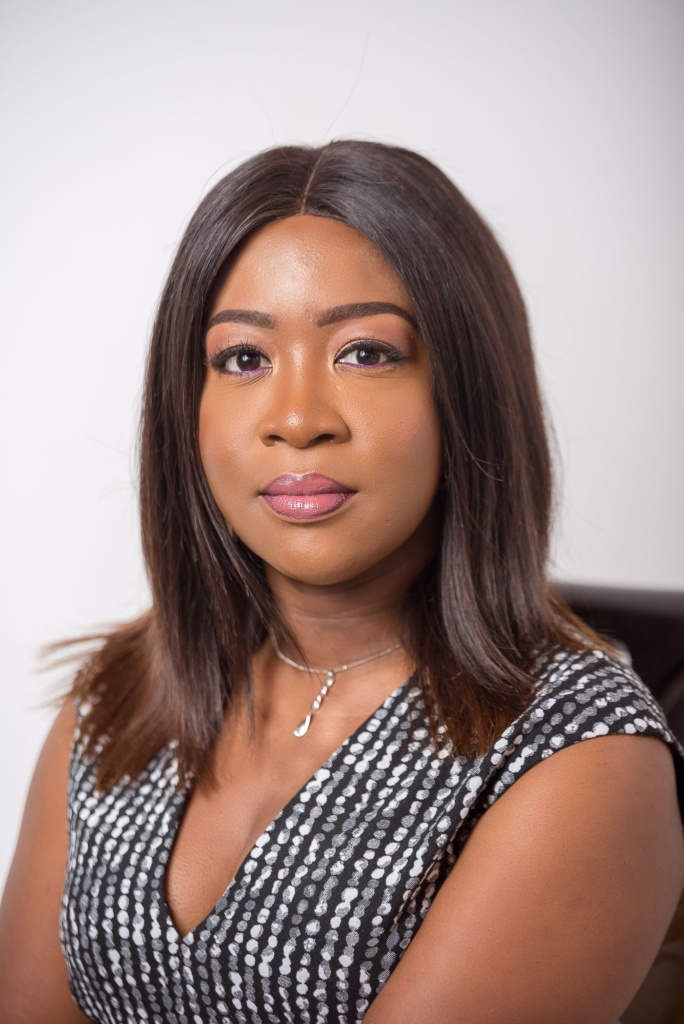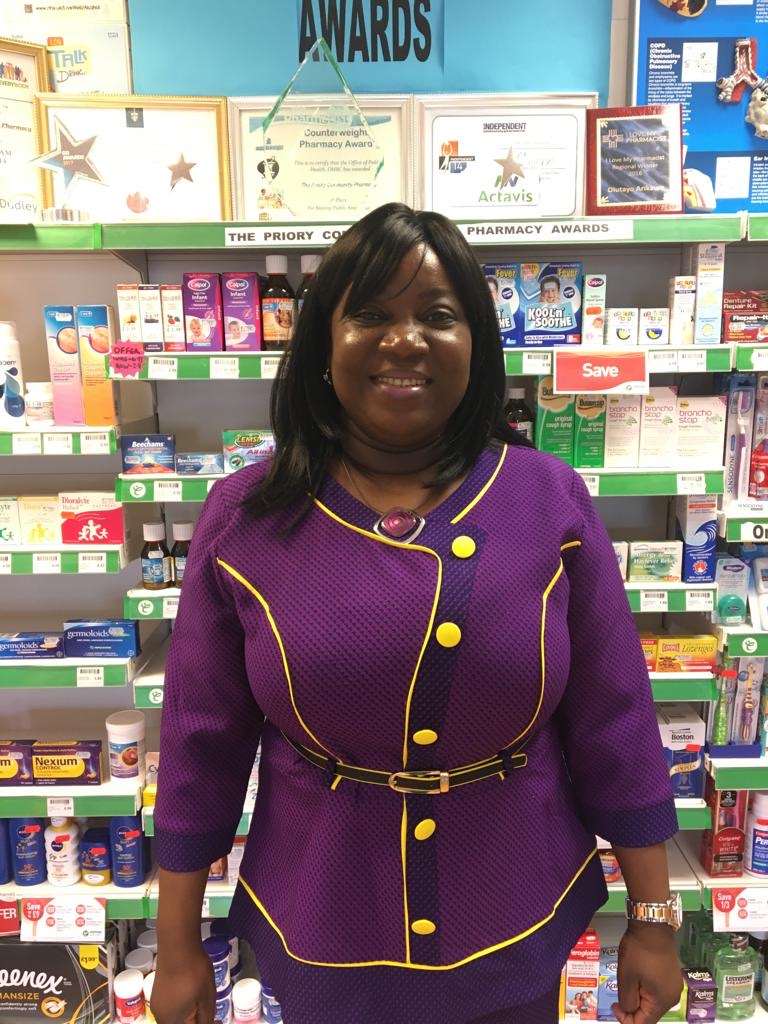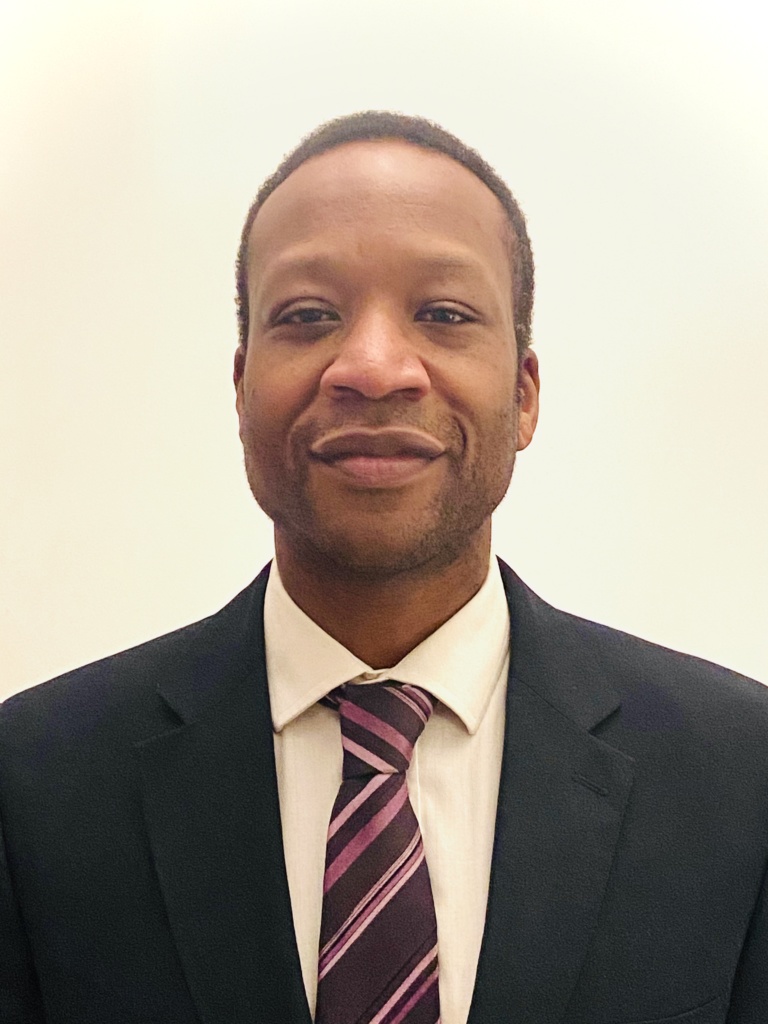
A third of UK adults have now had their first dose of the COVID-19 vaccine. However, claims about the potential dangers of the COVID-19 vaccines have circulated widely across social media and some people are concerned about having the vaccine. Here we ask five black healthcare professionals who have all had their COVID-19 jabs, common questions to help you gain a better understanding of the truth.
How do we know the vaccine is suitable for black people?
The COVID-19 vaccine trials have seen one of the highest representations of black people in vaccine trials. In the Pfizer/BioNTech vaccine trials around almost 10% of volunteers were black and in the trial for the Oxford AstraZeneca vaccine, 10.1% of participants were black. This has enabled scientists to study how the vaccines work in people of different ethnicities although there is no evidence that effectiveness of the vaccine differs by race.
As a Nigerian, I am particularly proud to know that a Nigerian, Dr Onyema Ogbu, of Yale School of Medicine, played a key role in developing the Pfizer/BioNTech jab.- Dr Seun Bakare, Clinical Lead for Urgent Care.
I’ve heard claims the vaccine is unsafe for pregnant women. Is that why they are not getting the vaccine?

The reason pregnant women are not being routinely offered the COVID-19 vaccine is because the vaccine has not been tested on pregnant women. It’s completely normal for pregnant women to be excluded from initial clinical trials for new medicines. This is a precautionary measure – not one taken due to evidence of any particular safety concerns. While further research is conducted, pregnant women are being advised to consider taking the vaccine if they have underlying health conditions or are frontline workers as these factors mean they face an increased risk of catching the virus and getting seriously ill. This decision is something that you can discuss with your GP, who will be able to advise you on what action you should take to stay protected. – Dr Sandra Isibor, GPwSI Obesity and Weight Management
Can the vaccine affect my ability to have children?

There is no data to suggest that taking any of the COVID-19 vaccines could lead to any fertility issues. A theory that immunity to the spike protein could lead to fertility problems is not supported by scientific evidence. Most people who contract COVID-19 will develop antibody to the spike and studies show no evidence of fertility problems after Covid-19 infections.- Dr Vanessa Apea, Consultant in Sexual Health and HIV
Could the COVID-19 vaccine give me the virus?

No. You won’t get the virus from any of the COVID-19 vaccines. The vaccines work by training up your immune system to develop antibodies against the vaccine so that if you are infected with the virus, it already knows how to fight it. Like all medicines, no vaccine is 100% effective and it can take up to 2-3 weeks after you’re vaccinated (that’s after you’ve received both doses) to develop protection. But the main thing is, having the vaccine is proven to significantly reduce your chance of suffering serious illness. – Olutayo Arikawe, Superintendent Pharmacist
Are black people being prioritised for the vaccine?

Although we know black men were almost four times more likely to die from COVID-19, and black women around three times more likely compared to white people in the first wave of the pandemic, black people are not being prioritised for the vaccine. Age and existing health conditions are the key factors – not race, in understanding the likelihood of being critically ill from COVID-19. In addition, healthcare professionals on the frontline are more likely to be exposed to the virus, therefore, me and my colleagues working in healthcare are prioritised for the vaccine, as well as the elderly and those with underlying health issues. Simply being black does not mean you’re automatically at a higher risk of catching or dying from COVID-19. Therefore, the government is not prioritising people based on their ethnic background. – Dr Abdul Zubairu, GP
For more information, please speak to your GP, pharmacist or visit nhs.uk/covidvaccine
Kindly follow us on twitter:@AfricanVoice2










